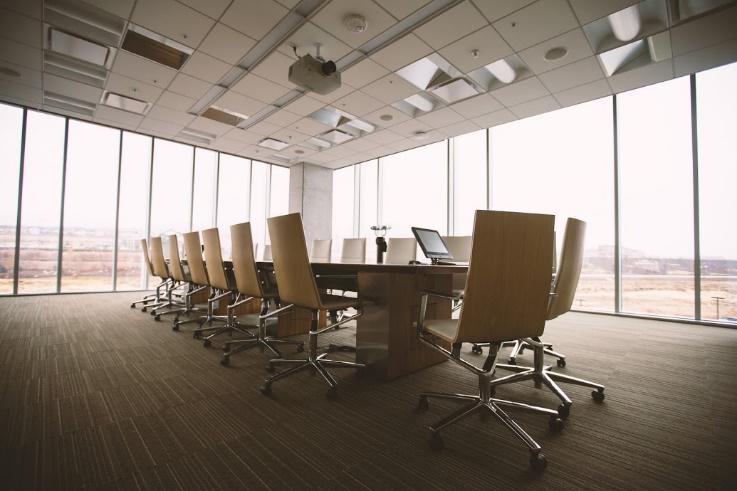Your Business's Carbon Footprint and How to Reduce It

As a business owner who also cares about the world you live in, you want your company to be responsible toward the environment. But as a small business with limited impact, you probably wonder what you can do to be more ecologically friendly.
One answer that more and more businesses are interested in is reducing your company's carbon footprint. What does this mean? And how can you reduce your own carbon footprint and save money doing so? Here's a short guide for the small businessperson.
What Is a Carbon Footprint?
Most people have heard of the idea of a carbon footprint, but much fewer actually know what it means. Simply, though, a carbon footprint refers to the amount of greenhouse gases produced by the activities of a person or business.
Greenhouse gases include carbon dioxide, methane, nitrous oxide, and hydrofluorocarbons. These gases contribute to overall global climate change and they are produced by many activities, such as vehicle usage, agriculture and livestock activities, and refrigeration.
By reducing activities and uses that create these ecologically dangerous gases, businesses show they have a commitment to helping protect the environment and fight climate change.
Can Remote Workers Help You?
One big way to reduce your company's carbon footprint is by opting for remote workers rather than requiring all your employees’ to travel to your business location each workday. Remote working is catching on at all levels of business as a money-saving idea, but it also has a big impact on your employees' unnecessary travel.
With modern services and technology, many job positions don’t need employees to be in the office in order to do their work. They may work from home, or you can rent a single office space in their area for client meetings or other business needs.
Need to have a conference? Use technology to conduct virtual conferences with remote workers at their locations. Does your remote worker need to meet with clients in a conference room? Rent a professional business space on an as-needed basis.
Can You Source Goods Locally?
The other big carbon impact your business probably has is its use of fossil fuels getting goods from one place to another. Finding more goods locally means less fossil fuels and gases used in their preparation and transportation. Plus, it helps your business develop good local contacts.
Start small when it comes to changing your supply chain, though, so you don't risk your processes. Try changing to local sourcing of one part in your production at a time. Switch office supplies to local, independent companies and opt for local and sustainable farm-to-table restaurants or caterers for food services.
Can You Conduct an Energy Audit?
A business energy audit examines your energy usage throughout the company — including offices, production areas, and shipping facilities. It helps you locate energy hogging equipment or processes so you can target ways to reduce them.
For a small business, auditing your energy consumption can be done informally as you examine all areas of your physical location for inefficiencies. And recommendations could be as simple as encouraging laptop use instead of energy-intensive desktop models or installing ceiling fans to reduce air conditioner usage.
Conversely, you may want to try bigger changes, such as renting shared office space if you have a lot of people on the road — instead of in their offices — on a regular basis.
Where Should You Start?
Ready to start tackling your business's carbon footprint? Begin with a visit to the remote office facilities at Executive Suites, LLC today. Whatever your needs for remote working, meeting with clients, or conducting virtual conferences, we can help you find solutions that fit your business and your professional reputation.









